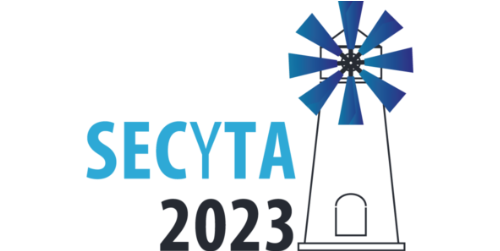
XXII Meeting of the Spanish Society of Chromatography and Related Techniques
S’Arenal, Mallorca, 16-18 October 2023
Invited speakers
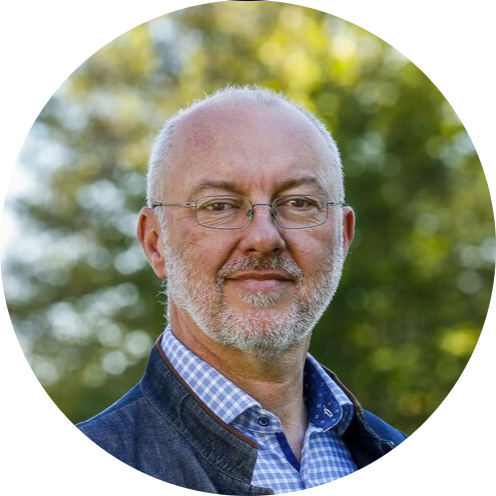
Philippe Schmitt-Kopplin, Technical University of Munich
High resolution tailored metabolomics in the food-nutrition-health continuum
Short CV:
Prof. Ph. Schmitt-Kopplin´s team performs tailored and comprehensive metabolomics in the food-health continuum. He has a strong profile in analytical chemistry with integrated approaches combining (ultra)high resolution mass spectrometry, (µ)separation sciences, NMR-spectroscopy with (bio)informatics for the description of complex organic systems on a molecular level. A focus in the last decades was to implement ultrahigh resolution mass spectrometry into cross-Omics applications and for a rapid and robust tool for deep metabotyping and small molecules profiling. His focus is the chemical understanding of microbiomes in foods, health and environments and integrating these information with existing biological Omics data. His interdisciplinary studies are related to the interface of chemistry and biology. He is director of the research unit analytical BioGeoChemistry of the Helmholtz Munich and heads the Comprehensive Foodomics Platform at the Institute of analytical Food Chemistry of the Technische University Munich Germany.
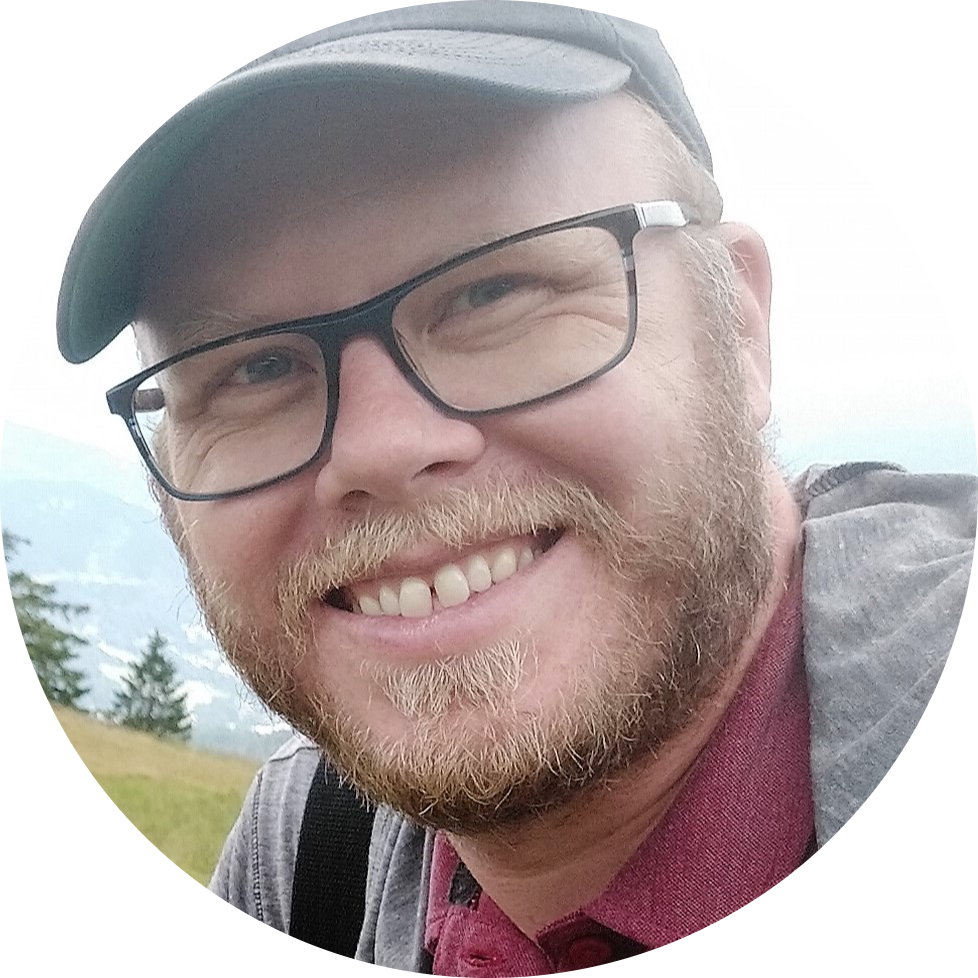
Lars Wörmer, MARUM – Center of Marine Environmental Sciences, University of Bremen
Reading the fine print: mass spectrometry imaging of molecular fossils in geological samples
Short CV:
Lars Wörmer is a senior researcher at MARUM – Center of Marine Environmental Sciences, University of Bremen (Germany). He holds a MSc in Environmental Sciences and a PhD from Universidad Autónoma de Madrid (Spain). Lars is especially interested in chemical signatures archived in marine or lacustrine sediments, i.e., molecular fossils. These molecules can inform on past climate, but also on changes in terrestrial or marine ecosystems. In the last years, he has pioneered the implementation of Mass Spectrometry Imaging (MSI) in the Earth Sciences and is currently the scientific leader of the Geobiomolecular Imaging Laboratory at the University of Bremen. MSI of molecular fossils allows to map their distribution in the sedimentary archive with micrometer-resolution and thus to explore these records with unprecedented resolution and detail. As a result, climate and environmental reconstructions can now be performed at time scales (seasons to decades) extremely relevant from a human and ecosystem perspective.
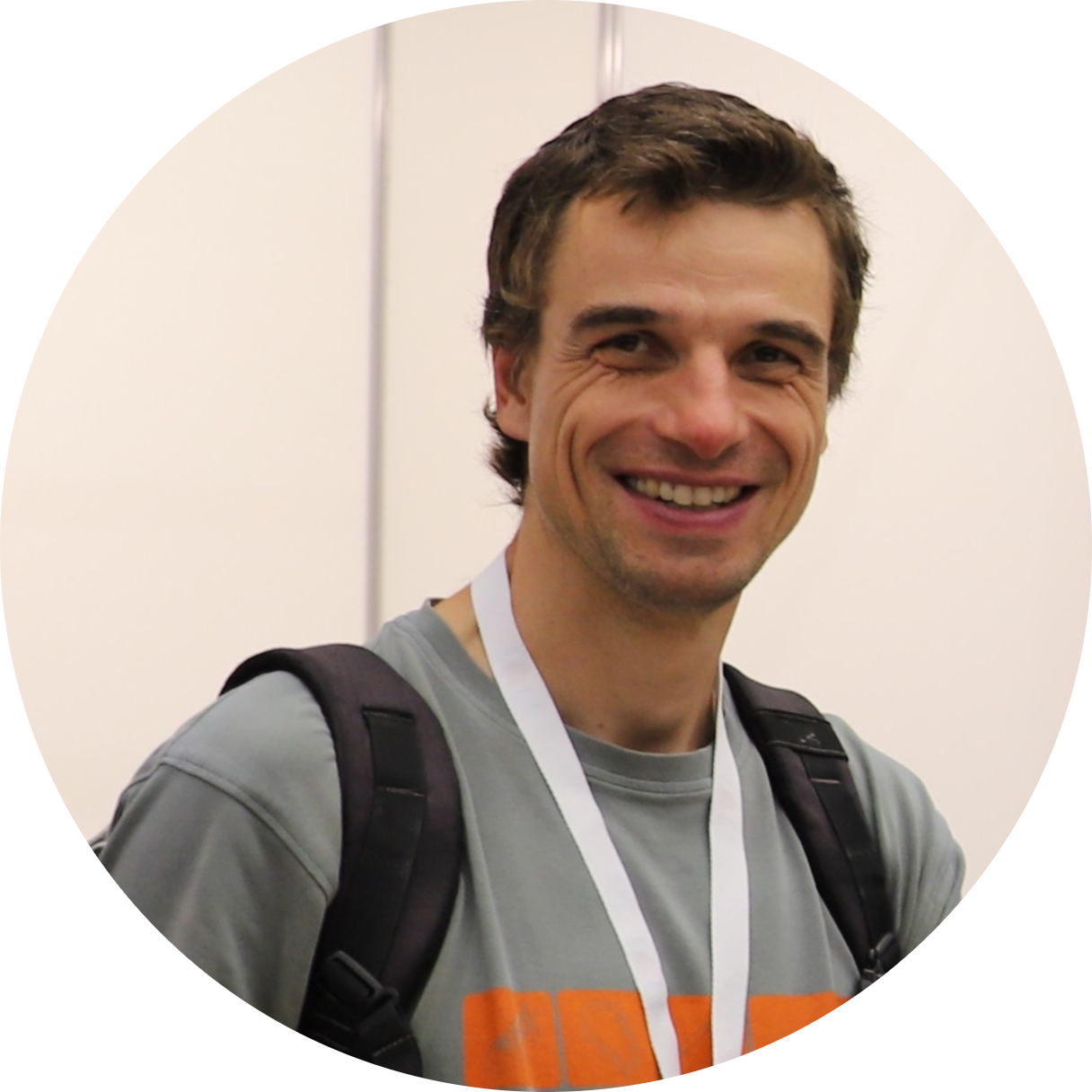
Pavel Kubáň, Czech Academy of Science
Direct coupling of sample pretreatment to capillary electrophoresis for complex sample analyses
Short CV:
Pavel Kubáň graduated in Chemistry and Mathematics from Masaryk University, Brno, Czech Republic, obtained his Doctor of Philosophy degree from Mendel University, Brno, Czech Republic, Doctor of Science degree from Palacký University, Olomouc, Czech Republic, and Researcher Professor degree from the Czech Academy of Sciences. Currently, he is the Head and the Leading Scientist at the Department of Electromigration Methods at the Institute of Analytical Chemistry of the Czech Academy of Sciences.
His work is devoted mainly to capillary electrophoresis, liquid phase microextraction techniques and their coupling for direct analyses of complex samples. Recently, his research activities focused on the analysis of dried material spots, such as dried blood and dried urine spots. He is author of more than 110 scientific papers, reviews and book chapters and 70 contributions on scientific conferences. He is a member of the editorial board of the Separation Science Plus (Wiley), Talanta Open (Elsevier), and Journal of Pharmaceutical Analysis (Elsevier) journals. He is also the Head of the Science Council of the Institute of Analytical Chemistry, a member of the Science Council of the Czech Academy of Sciences and a member of the Czech Science Foundation committee for Analytical Chemistry.
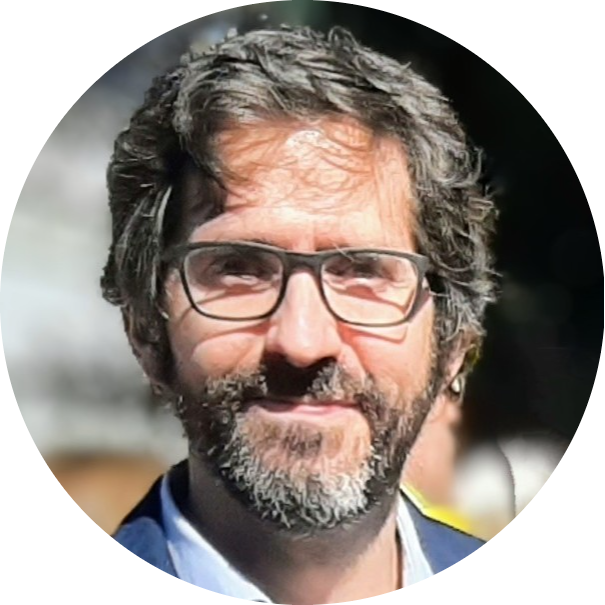
Rafael Lucena, University of Cordoba
Biopolymer-based sorptive phases into stainless steel needles: microextraction and ambient mass spectrometry analysis in a single device
Short CV:
Dr. Rafael Lucena Rodríguez is full professor in the Department of Analytical Chemistry at the University of Córdoba and member of the “Affordable and Sustainable Sample Preparation“ research group. His research lines focus on analytical sample treatment (development of new extraction techniques and materials) and their direct coupling with instrumental techniques (vibrational spectroscopic techniques and mass spectrometry). He has participated in 16 research projects being Principal Investigator in four of them. He is co-author of 124 scientific papers and 22 book chapters. He has co-edited the book “Analytical Sample Preparation with Nano- and other High-performance Materials” (Elsevier, 2021). He is the author of three patents of invention and has participated in several R&D contracts. He has actively participated in the training of new researchers, directing 9 theses already presented and 4 in progress.
He has acted as evaluator of research projects and researcher contracts for the Spanish Research Agency. He has also acted as evaluator of projects for the National Commission for Scientific and Technological Research (Chile) and the Czech Science Foundation (Czech Republic).
He is currently secretary of the Chemical Institute for Energy and Environment (IQUEMA) of the University of Cordoba and associate editor of the journal “Advances in Sample Preparation” (Elsevier).
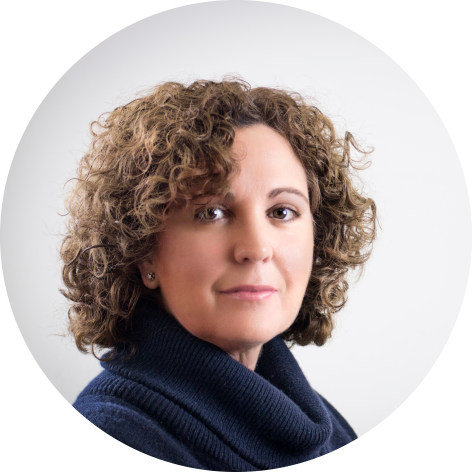
Ana Maria Agüera, University of Almeria
Target and suspect analysis of contaminants of emerging concern in water reuse practices: challenges and future perspectives
Short CV:
Prof. Dr. Ana Agüera is full professor in Analytical Chemistry at the University of Almería and leader of the Environmental Analysis Unit at the Solar Energy Research Centre (CIESOL). Her research focuses on the application of low and high-resolution mass spectrometry to the identification and fate of emerging contaminants and their transformation products in the aquatic environment, as well as the analytical assessment of advanced wastewater treatment processes applied to complex effluents to get their regeneration and enable their reuse. She is especially interested in the study of the impact of reclaimed water reuse in the agricultural environment (water-soil-plant nexus). She is co-author of 2 patents and 175 scientific publications (h-index 66). For her research work, she has been included in the U. Stanford world ranking “The World Scientists: World’s Top 2% Scientists (in 2020 and 2022)”, “Analytical Chemistry” area.